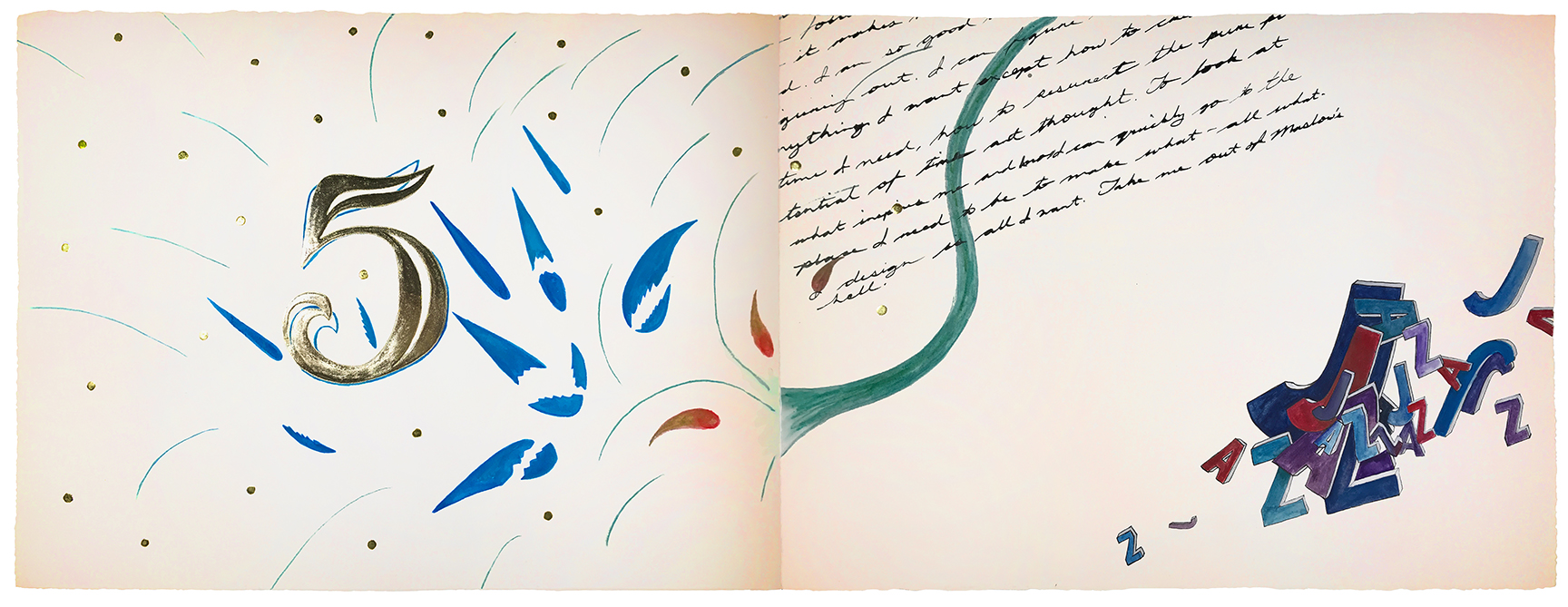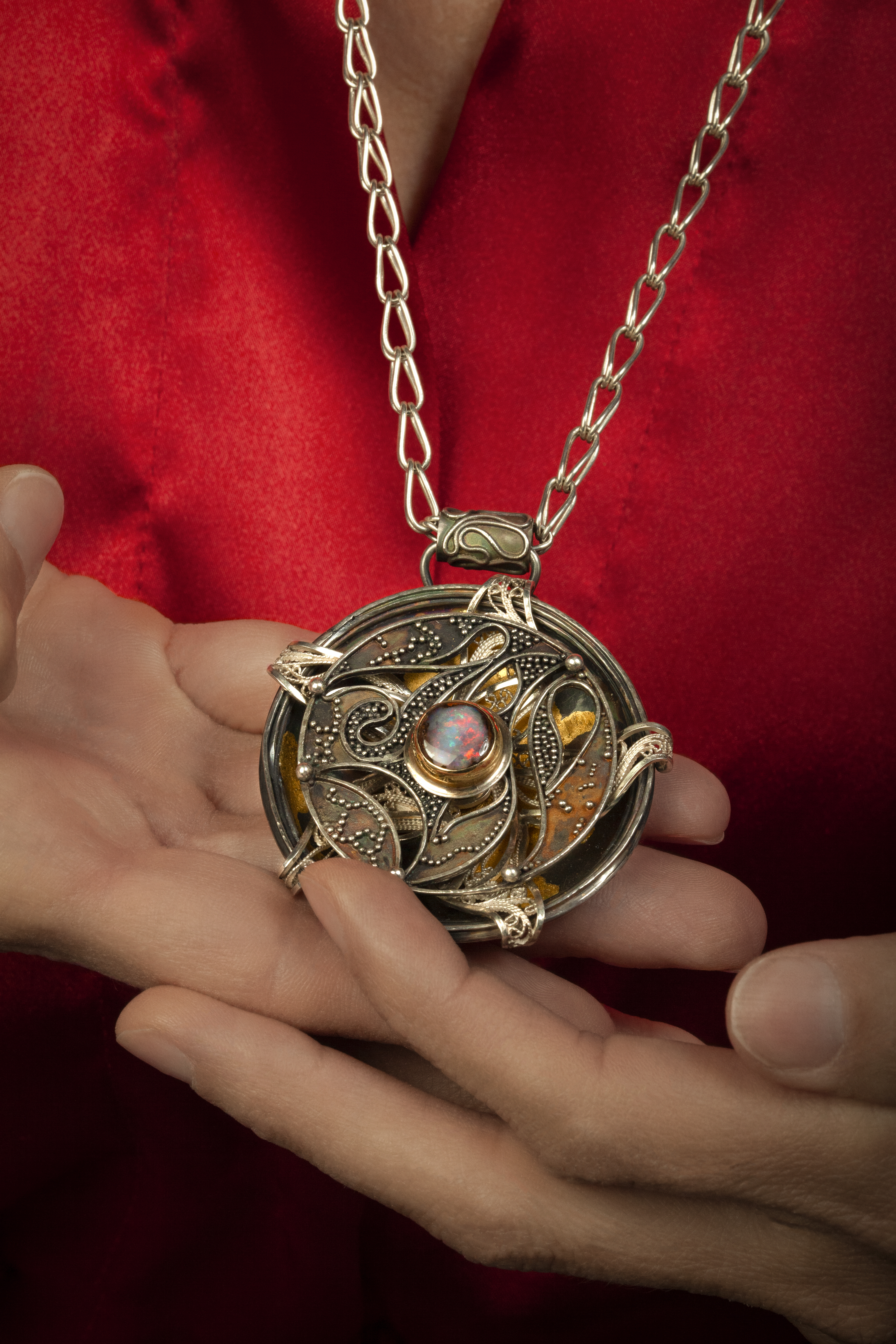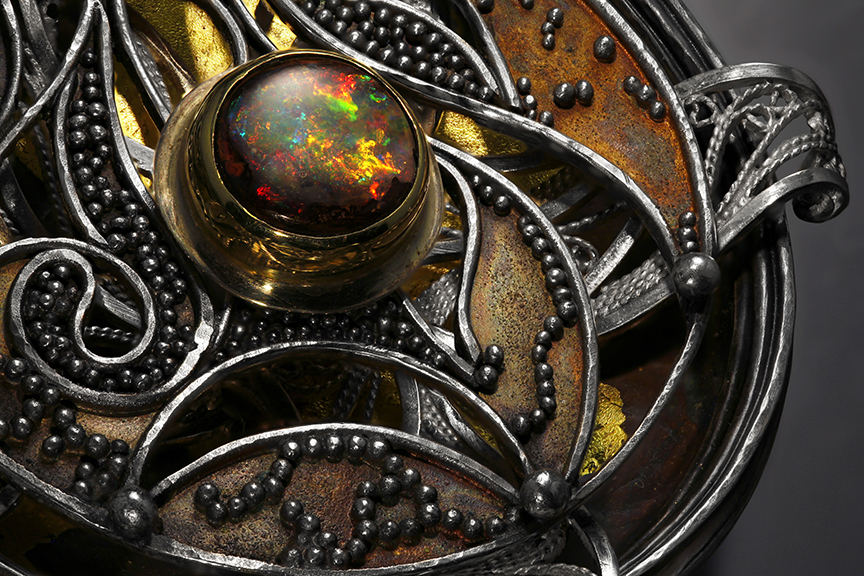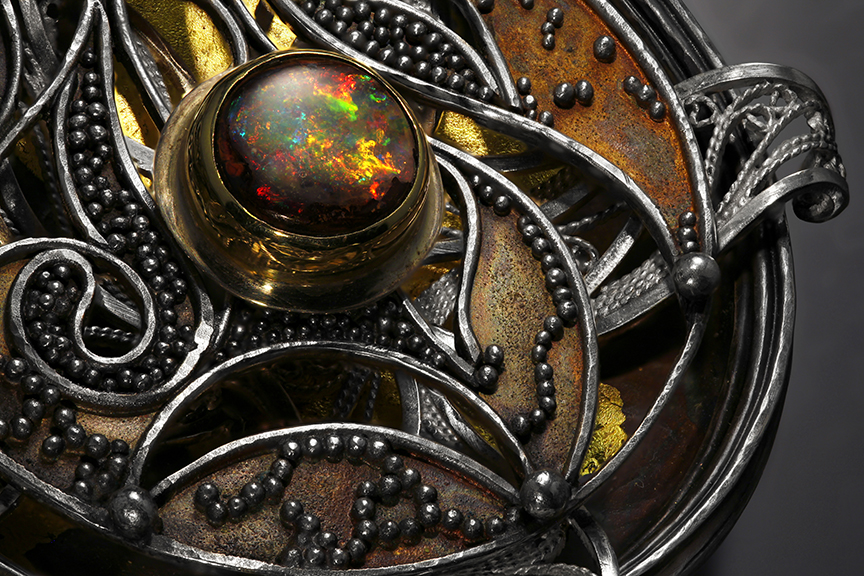Why challenge is important, but doing things that come easily is vital to avoiding burnout
I was three or four years old, and the climb up on the piano bench seemed like Everest but worth the adventure. Roddy Noll was a teenager, and, if possible, even more mischievous than he’d been as a child. He knew exactly how to stir up trouble and fun in a heartbeat: Play boogie woogie riffs instead of the boring practice scales with which he was meant to warm up for his lesson.
I can still hear my mother screaming from the kitchen, “Roddy STOP playing that!!! STOP goofing off! Be SERIOUS! AAAAGGGGHHHH!!!” Roddy was meant to warm up to take on complicated pieces like Dave Brubeck’s Blue Rondo a la Turk. My mother was multitasking dinner prep before teaching him in earnest. Frankly, she multitasked everything. Must be where I got it.
Roddy would just laugh (and laugh and laugh) until eventually he would give in, and those dreadful Hanon scales came resounding out of the Chickering, 9 foot, concert grand piano that took up over half of our tiny living room.
One day I worked up the nerve to ask my mother what was wrong with boogie woogie? Why was it so terrible? It sounded fun and made me want to dance.
“Because it’s not serious music. It’s really easy and simple. Roddy needs to focus and stop playing stupid stuff.”
Except, youngster that she was then, she was dead wrong.
Boogie woogie is hard for anyone but an accomplished pianist to master. Sure, the cord progressions are straightforward and repetitive, but doing two different things with your hands, at speed, and making it sound good is not easy. Like most creative endeavors with a never-forget-how-to-ride-a-bicycle aspect, once you know how, it’s not rocket science, but doing it really really well, takes some serious skill and chops.
Of course, if all you play is boogie woogie, then all you’ll probably ever play is boogie woogie. I expect that’s what my mother was trying to get across. Practice Blue Rondo, or you’ll never be able to play it. Fortunately for my mother’s sake, Roddy could play both.

What I’ve come to realize from this memory is that all too often we discount things that seem easy to us. We equate things that we’re already good at as unimportant, frivolous, or not worth as much time. Maybe that’s true sometimes. You certainly won’t catch me in the paint-by-numbers aisle at the craft store; I’ve got more interesting and complex things to do. But there is tremendous value in continuing to do what we’re good at even when it’s no longer rocket science, even when we can do it with our eyes closed.

There are so very many processes in metalsmithing that, 32 years in, I could do with my eyes closed, metaphorically speaking or course. But when I do them in front of others, I make it look like magic to people who have never seen it done or who are learning. My commitment to sharing knowledge and decades of teaching experience remind me that the ease with which I do some things doesn’t diminish such process’ value at all. It continually makes me aware that one person’s easy is another person’s amazing, and we when we share our gifts, we trade that sense of amazement all around.
As my work has gone from tiny to mammoth then back to small again, I’ve upped the complexity to keep from getting bored, but at some point I began burning out. More pieces than ever lay on my bench unfinished as I’ve sought to navigate remaining creative in our current bizarre and uncertain world, while the bucket list projects that I’ve dreamed for years of making have remained, literally, on the drawing board.
Why?
Because my perfectionistic self has been continually raising the bar for so long that I forgot to lower it occasionally enough to have fun and make art that is challenging and complex but not quite insane in its time consumption and intricacy. I forgot to “play boogie woogie.”

Equating easy with worthless leads us to only pursuing what’s hard, and if we do that 24/7, we risk serious burnout. Sure, if we want to progress, to do more and to do it better, we have to push ourselves out of our comfort zones, accept the sense of struggle, and keep practicing. We do a great disservice to ourselves, however, when we always push ourselves out of our comfort zones without ever taking time to relish in what we’re good at, landing ourselves forever in the challenge of the eternal piano lesson and not in the fun of performing magic.


